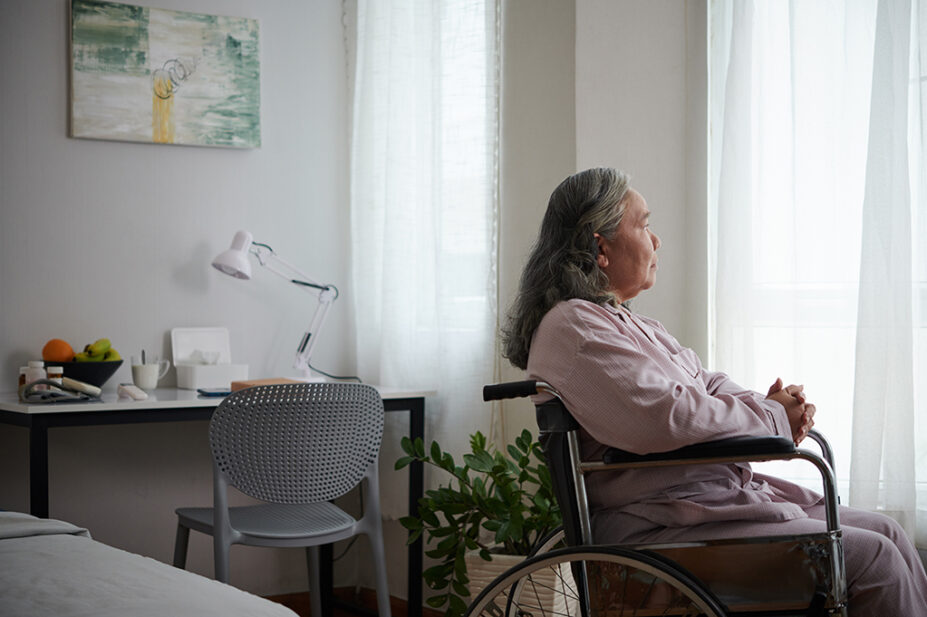
Shutterstock.com
A coalition of patient and professional organisations are calling for a single digital interface to simplify e-prescribing in homecare medicines services.
A House of Lords Public Services Committee report, published on 16 November 2023, identified “serious problems” with the provision and governance of homecare medicines services in England, which were putting patients at risk.
Following the government’s response to the House of Lords’ inquiry, nine organisations, led by the British Society for Rheumatology (BSR), have published a joint statement arguing that “significant work” is still needed to “assure patients and clinicians of the future safety of homecare medicines services”.
The group includes BSR, Crohn’s and Colitis UK (CCUK), National Rheumatoid Arthritis Society, British Association of Dermatologists, National Axial Spondyloarthritis Society, British Society of Gastroenterology, Cystic Fibrosis Trust, the Haemophilia Society and Versus Arthritis.
They ask the government for “a more urgent focus on shifting to e-prescribing in the homecare setting” and to reconsider its decision to reject the committee’s call for a single digital interface to realise “the positives of e-prescribing”.
Currently, homecare providers develop their own digital solutions to manage patient records, requiring hospital trusts to hold multiple digital accounts.
A spokesperson for BSR told The Pharmaceutical Journal that this “creates a large administration burden” for NHS teams, because it requires staff to be trained on multiple platforms and hold different digital account information.
“It is the very strong preference of clinicians represented in the joint statement for a single homecare portal to be developed for use by NHS clinicians in the homecare setting (which all homecare providers will then be required to use) and that the development of this should be led by NHS England, and not by industry,” the spokesperson added.
The statement also calls for an independent review into homecare medicines services.
It says: “Throughout our 18-month long campaign on this issue the levels of despair, frustration and helplessness amongst patients and clinicians has become plain, as well as the very real instances of harm, which have been so powerfully highlighted in media reports.
“The role of homecare medicines services is to make life easier, not harder for those who are reliant upon them, and the Lord’s inquiry has shown that is currently not the case.”
Sarah Campbell, chief executive at BSR, commented: “The government has accepted recommendations which were hard fought for by BSR and our partners and will make homecare services more transparent and more accountable, in particular by agreeing to name a senior NHS England official as responsible for the system nationally.
“However, provisions to review the regulatory system and publish the scale of harm to patients have both been delayed and important measures to help clinicians struggling on the ground have been watered down or not adopted in full.”
Sarah Sleet, chief executive at CCUK, said the government’s response to the House of Lords’ report was “an encouraging step forward in our pursuit for safer and more reliable homecare medicines services”.
However, she added that patients had “suffered as a result of the failures in homecare services” and the government response left people “in the dark about how often harm has been caused and how serious the repercussions of those failures have been”.
“These uncertainties must be addressed if we are to have a fully accountable and transparent system in future,” Sleet said.
Following the government’s response to the inquiry, there will be a debate in the House of the Lords.
The government said that NHS England has been working on a “desktop exercise” to look at homecare medicines services, and it will now “bring together data from the desktop exercise with the House of Lords inquiry report recommendations and undertake an analysis of the findings”.
NHS Scotland has also launched a public review of homecare services.
The Royal Pharmaceutical Society recently refreshed its professional standards for homecare services, with the aim of making them more relevant to teams involved in planning, commissioning and delivering the services across the UK.


